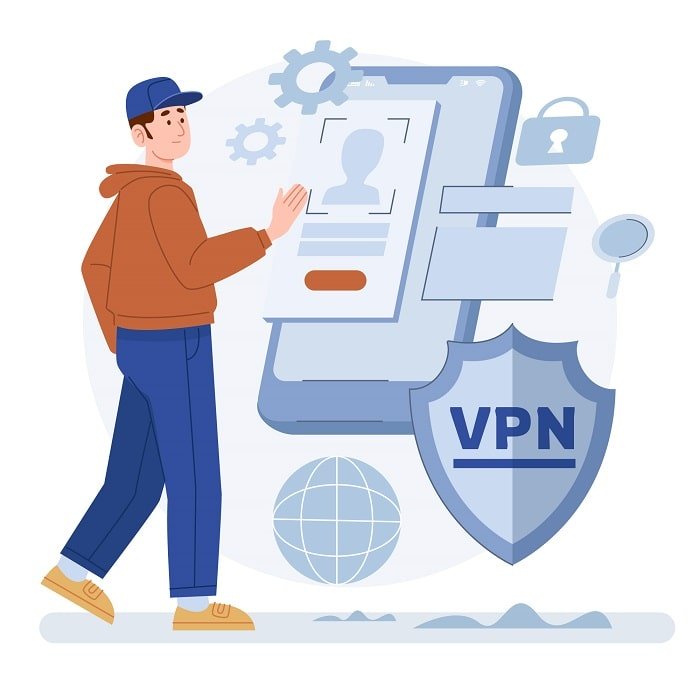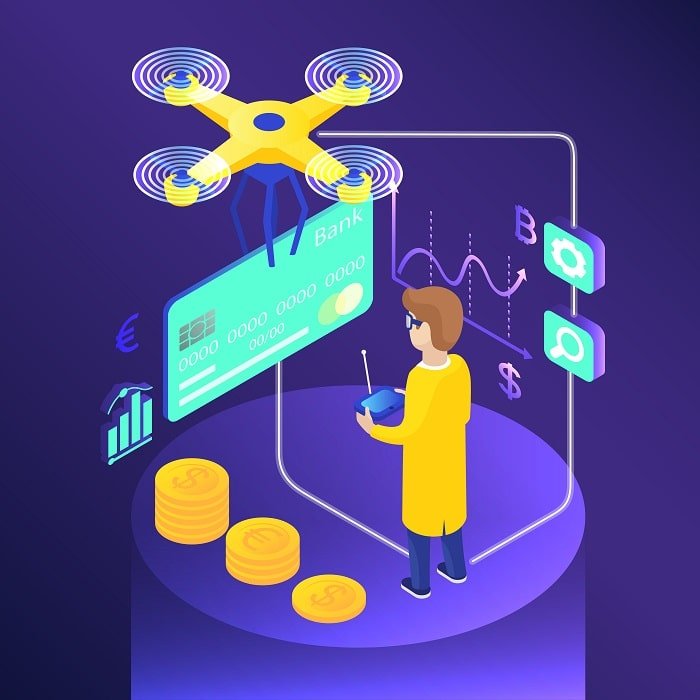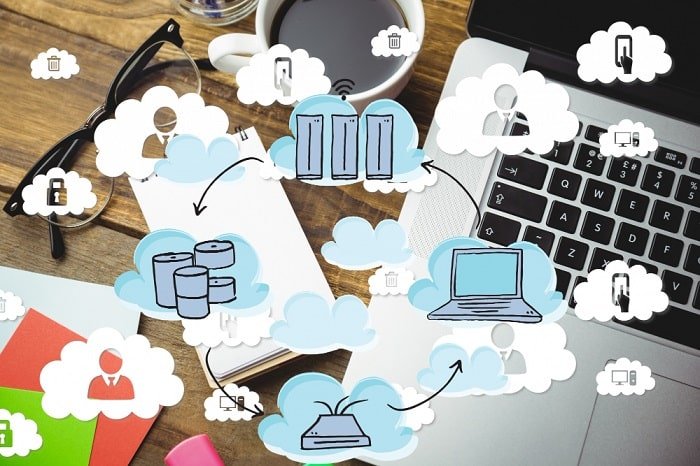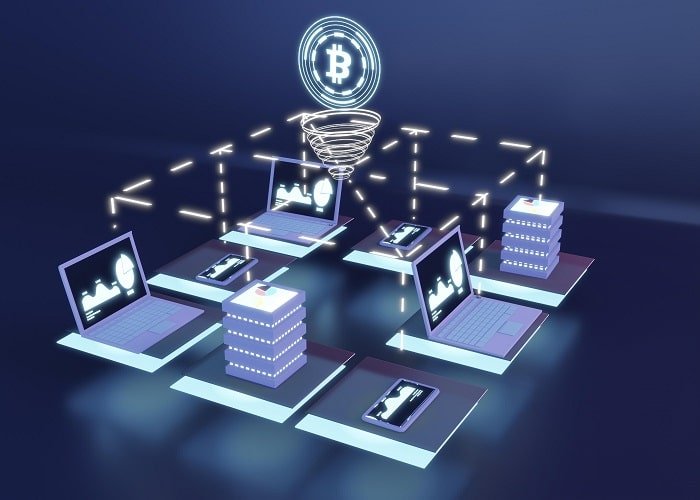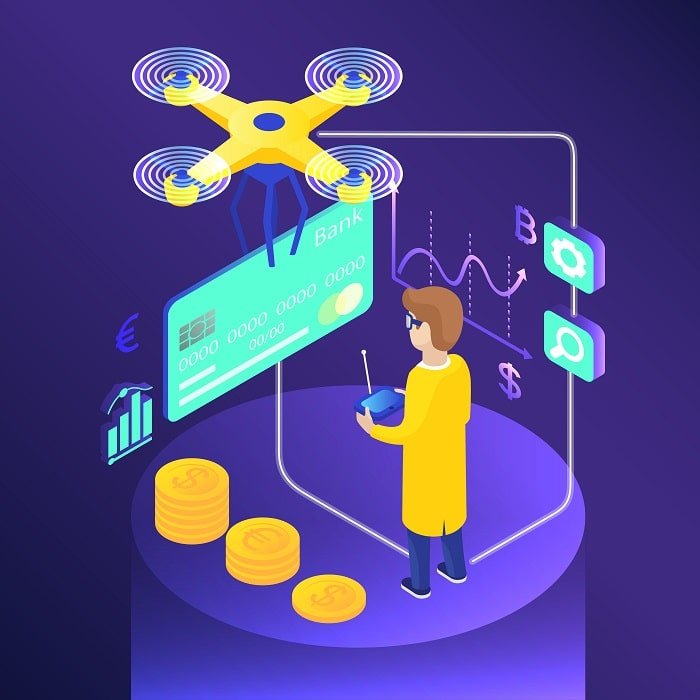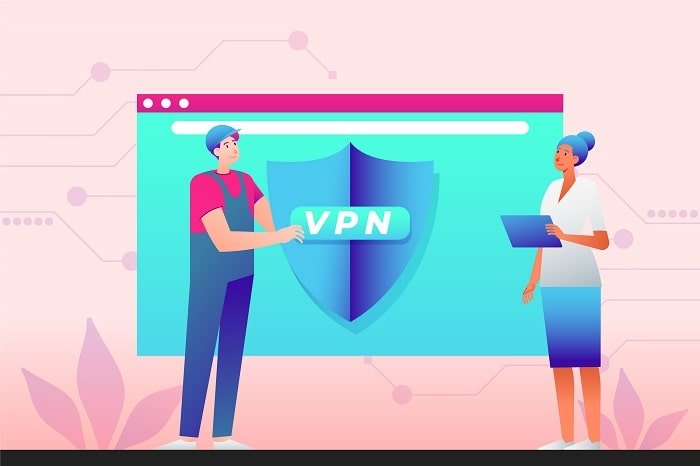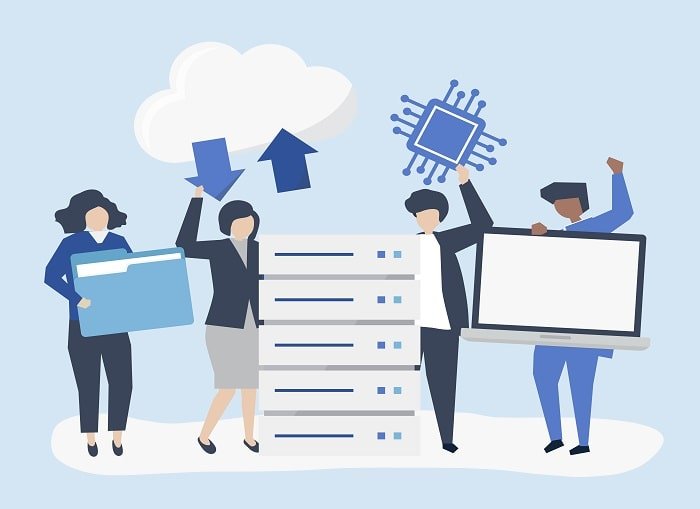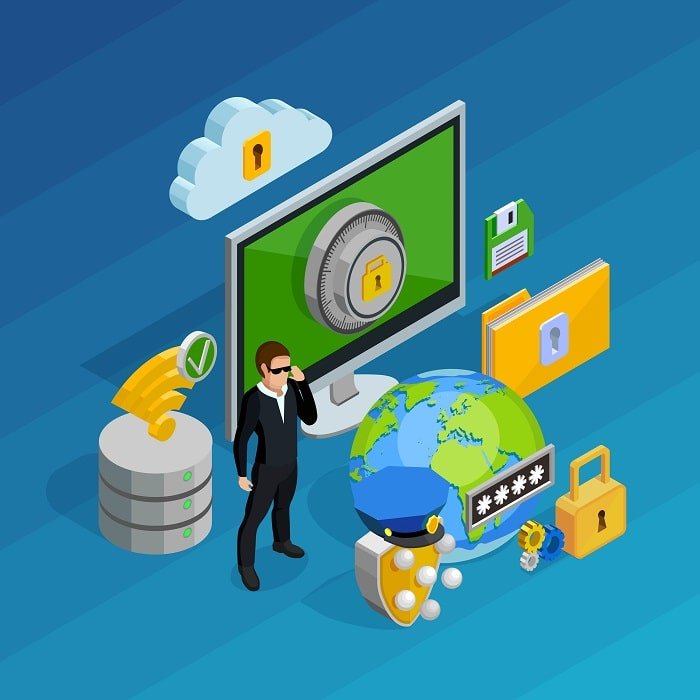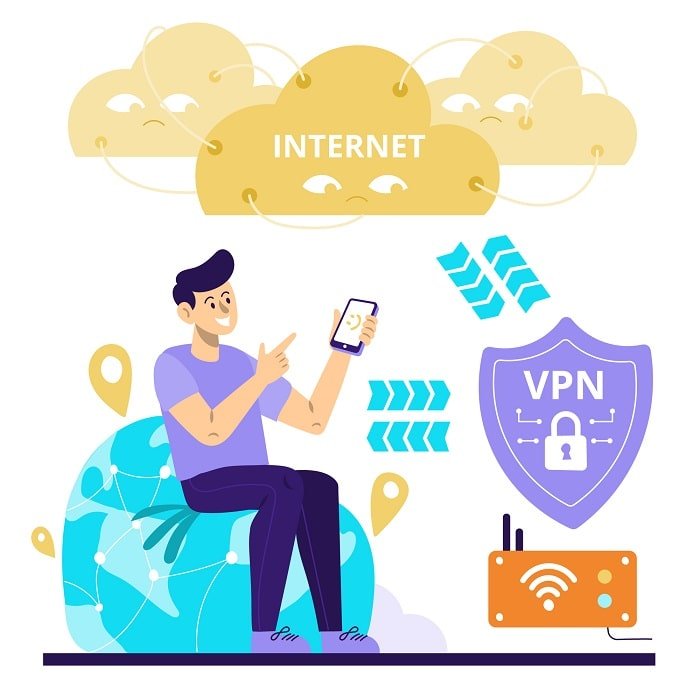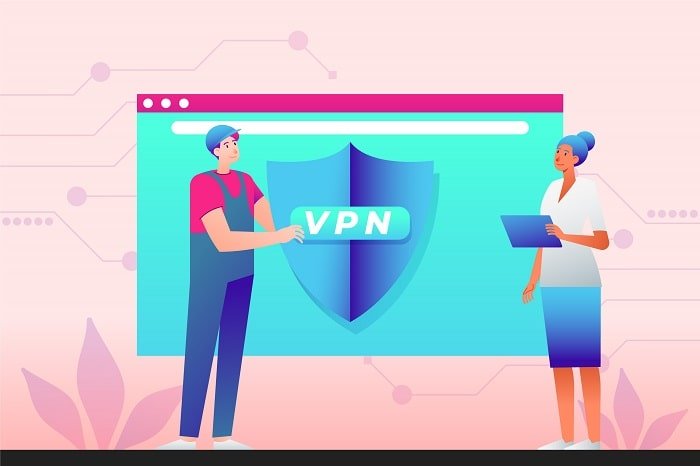
In our increasingly digital world, the importance of maintaining online privacy and security cannot be overstated. Virtual Private Networks, or VPNs, play a pivotal role in safeguarding our digital footprints. This article delves into the VPN Benefits, helping both individuals and businesses understand how to protect their online activities and sensitive data effectively.
Understanding Virtual Private Networks (VPNs)
What is a VPN?
A Virtual Private Network (VPN) is a service that creates a secure, encrypted connection over a less secure network, such as the internet. The technology enhances privacy and security by:
- Encryption: Securing data in transit to prevent interception.
- Tunneling: Sending data through a private tunnel over the internet.
- IP Masking: Hiding your real IP address to maintain anonymity.
Types of VPNs
- Remote Access VPNs: Allow users to connect to a private network from a remote location.
- Site-to-Site VPNs: Connect entire networks to each other, often used by large businesses.
- SSL/TLS VPNs: Provide secure access to web applications.
Key Components of a VPN
- VPN Server: The server to which your computer connects to gain VPN access.
- VPN Client: The software on your device that establishes the connection.
- VPN Protocol: Dictates how data is transferred over the connection.
Benefit #1: Enhanced Online Security
Protecting Against Cyber Threats
VPNs are crucial in safeguarding data from various cyber threats such as data breaches, man-in-the-middle attacks, and eavesdropping.
Use Cases
- Secure Remote Access: Ensuring data remains secure when accessed from outside the corporate network.
- Public Wi-Fi Protection: Safeguarding data on insecure public Wi-Fi networks.
- Data Transmission Security: Protecting sensitive information sent across the internet.
Benefits
- Reduced Risk of Data Theft: Minimizing the chances of unauthorized data access.
- Compliance with Security Standards: Helping meet requirements like GDPR and HIPAA.
- Peace of Mind: Offering assurance that data is secure, even when browsing on public networks.
Benefit #2: Improved Online Privacy and Anonymity
Enhancing Privacy and Anonymity
VPNs provide essential privacy by masking your IP address, thus shielding your personal information from prying eyes.
Use Cases
- Anonymous Browsing: Concealing your activities from ISPs and websites.
- Location Spoofing: Masking your geographical location to bypass regional content restrictions.
- Bypassing Censorship: Accessing the internet without restrictions, even in restrictive regions.
Benefits
- Protection Against Targeted Advertising: Reducing unwanted ads by hiding your browsing habits.
- Reduced Online Tracking: Minimizing the amount of data collected by websites and ISPs.
- Freedom of Expression: Safely expressing views in restrictive countries.
Benefit #3: Secure Remote Access and Collaboration
Enabling Secure Access and Collaboration
VPNs facilitate secure and efficient connections to workplace networks, allowing for seamless remote work and collaboration.
Use Cases
- Secure Access to Company Resources: Accessing internal networks without exposure to external threats.
- Remote Work Enablement: Empowering employees to work securely from any location.
- Secure File Sharing: Exchanging files securely across different locations.
Benefits
- Improved Productivity: Enabling employees to work effectively, regardless of location.
- Reduced IT Overhead: Minimizing the need for complex, on-site IT infrastructure.
- Compliance with Data Protection Regulations: Ensuring that remote access complies with legal standards.
Benefit #4: Unrestricted Access to Content
Accessing Content Without Restrictions
VPNs overcome geographical and institutional content restrictions, providing users with unrestricted access to information.
Use Cases
- Accessing Geo-blocked Content: Watching content from streaming services unavailable in your region.
- Bypassing Internet Censorship: Accessing websites blocked by government policies.
- Accessing Restricted Websites: Entering sites blocked by local network administrators.
Benefits
- Improved User Experience: Enjoying a broader range of online media and content.
- Access to a Wider Range of Content: Exploring international news and entertainment without limits.
- Freedom of Information: Accessing information freely, an essential aspect of democratic societies.
Benefit #5: Cost-Effectiveness and Scalability
Affordable and Scalable Internet Security Solutions
VPNs offer an economical and flexible way to scale security measures as a business grows.
Use Cases
- Affordable Pricing: Utilizing VPN services without significant upfront investment.
- Easy Setup and Configuration: Deploying VPNs without needing extensive technical expertise.
- Scalability: Adjusting the scope of VPN services as organizational needs change.
Benefits
- Reduced IT Costs: Lowering expenditures related to data security.
- Easy Deployment: Simplifying the implementation process across multiple business units.
- Adaptability to Changing Business Requirements: Flexibly adjusting to new business challenges and opportunities.
Overcoming Challenges in Using a VPN
Addressing VPN Concerns
Implementing a VPN solution involves navigating potential performance issues, ensuring compatibility, and choosing a reliable provider.
- Performance Issues: Optimizing settings to prevent slow internet speeds.
- Compatibility: Ensuring the VPN works with various devices and operating systems.
- Provider Selection: Choosing a VPN provider that is trustworthy and transparent.
- User Education: Teaching users how to effectively use VPNs to maximize benefits.
Case Studies: Successful VPN Implementation and Usage
Real-World Examples of VPN Benefits
Several businesses and individuals have seen significant advantages from using VPNs, from enhanced security to improved access to information.
- Case Study 1: A multinational corporation implemented a VPN that allowed it to securely manage remote employees globally, resulting in enhanced productivity and reduced security incidents.
- Case Study 2: An activist in a restrictive country used a VPN to bypass censorship and safely communicate with the outside world.
Lessons Learned
- Strategic Planning: Understanding the specific needs and choosing the right type of VPN.
- Stakeholder Engagement: Involving IT and key stakeholders in the planning and rollout phases.
- Continuous Optimization: Regularly updating and maintaining VPN solutions to ensure maximum efficiency and security.
Conclusion
The benefits of using a VPN are extensive, covering everything from enhanced security to cost savings and improved access to information. As online threats continue to evolve, the importance of adopting a proactive approach to online security and privacy cannot be overstressed. Explore the VPN benefits today and start protecting your online activities and sensitive data with a reliable VPN solution.

